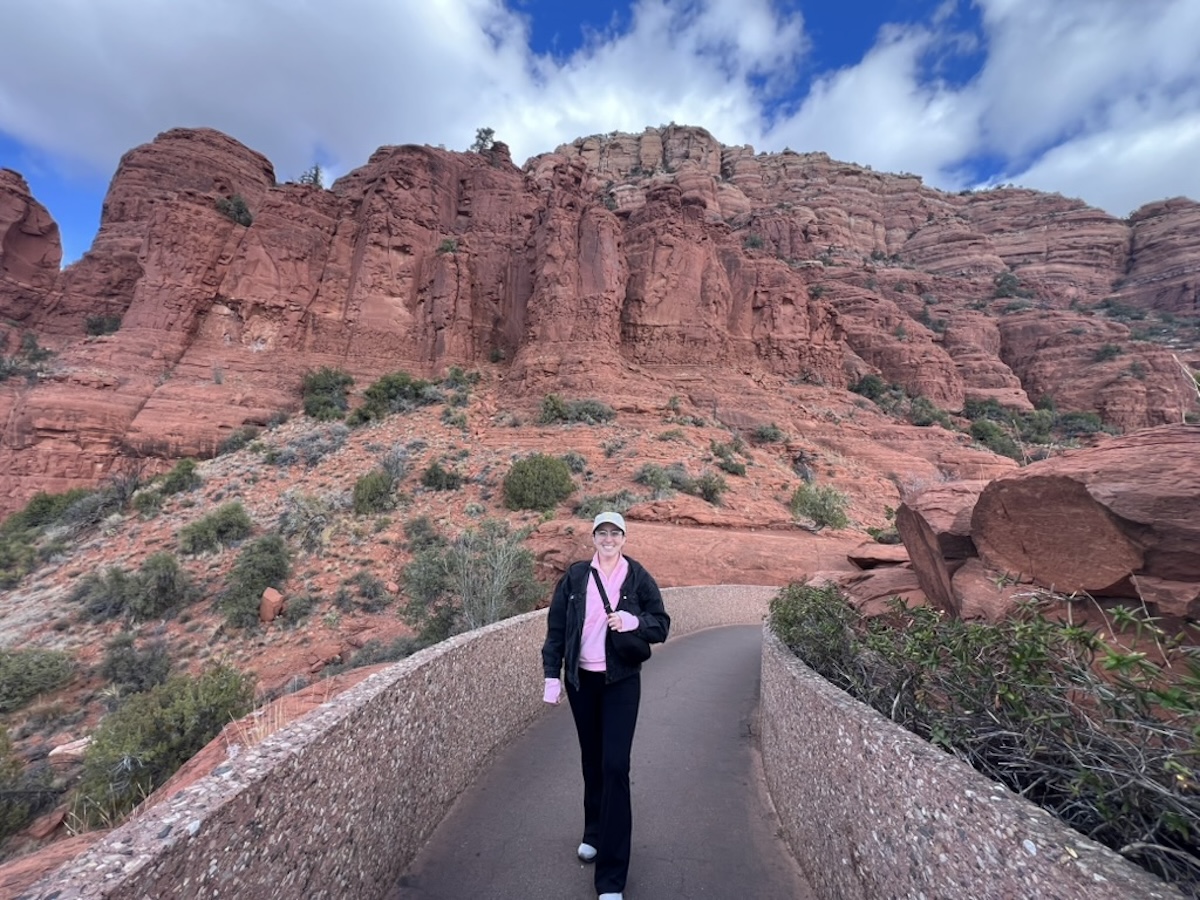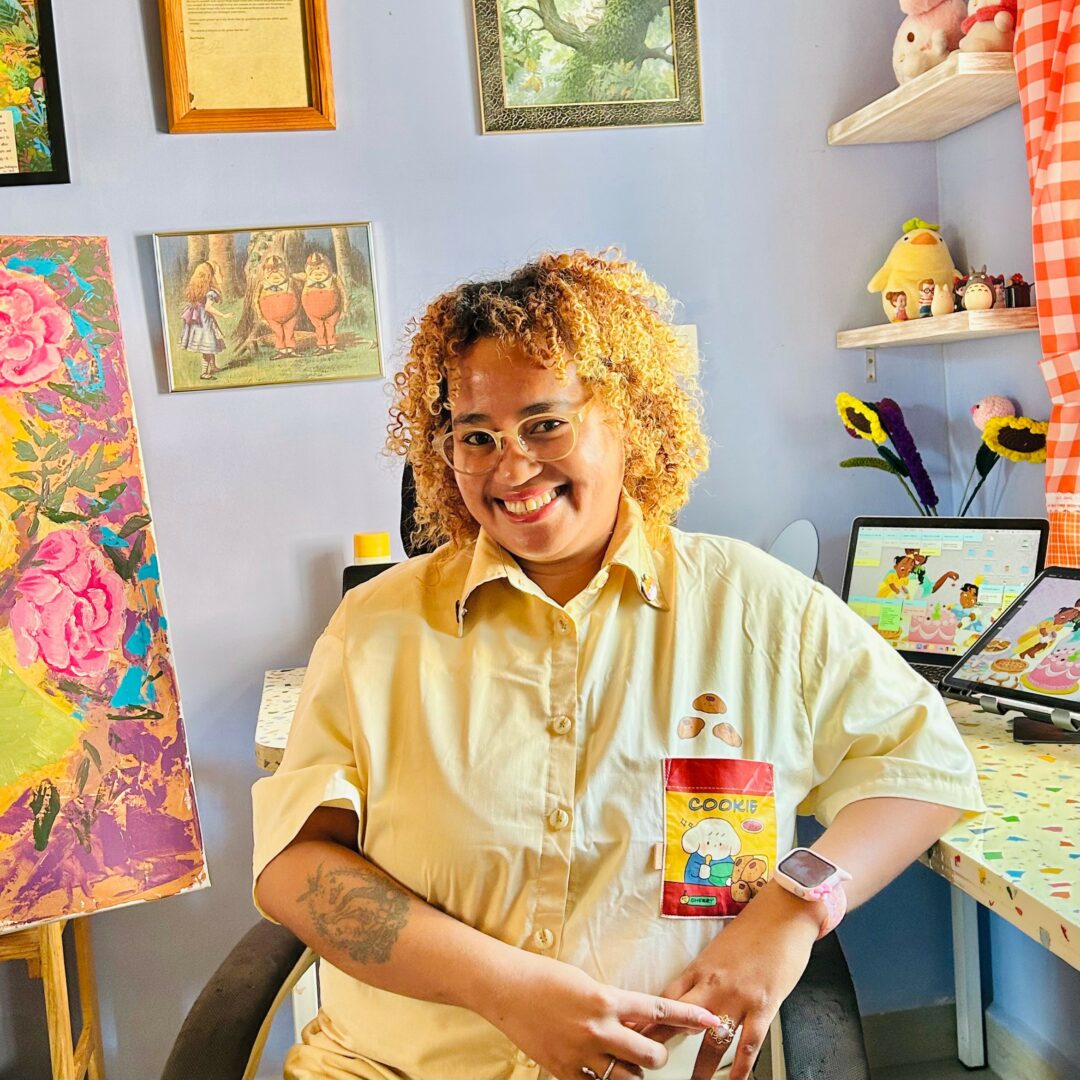Alright – so today we have the honor of introducing you to Greg O’Connor. We think you’ll enjoy our conversation, we’ve shared it below.
Hi Greg, thanks for sharing your insights with our community today. Part of your success, no doubt, is due to your work ethic and so we’d love if you could open up about where you got your work ethic from?
I got my work ethic from my parents. My father started working when he was eight years old after his father passed away. He did everything from shining shoes to a newspaper route to parking cars. My dad and his six brothers put themselves through school and they all worked to help support their mother who used to serve home made food for people outside their back door during the depression. He and my mother worked hard and built a successful life together for over 65 years. My dad always used to say, “There are talkers and there are doers” and “By the time you have finished bitching about it you could have had it done.” I learned at a very early age that there is a long game that requires lots of small steps and tiny victories that lead to the long term goal. If you are patient enough to stick around during the dark periods, you are more likely to stumble upon some more great opportunities. Instant gratification is always short lived.

Great, so let’s take a few minutes and cover your story. What should folks know about you and what you do?
I am a composer, songwriter and producer based in Los Angeles. I compose scores and featured songs for films, television and other visual media. I also write and produce songs for artists and have now ventured out as a recording artist.
My debut album, “The Place I’ve Never been” is finally out on all streaming platforms. I am excited about this project because this is the first time I have given myself the opportunity to write songs that are solely based on my personal experiences as opposed to writing songs for other artists or film and television songs that are based on a pre-existing storyline.
This fall, I have two films out for which I scored and wrote the songs. One film is “My Home Unknown” which is a true story about a homeless artist who is mentally ill. We follow her story, her struggle and her journey to accept help. The other film is a documentary, directed by Randal Kleiser, called “Baby Boomer Yearbook” where Randal interviewed several of his high school classmates, starting in 1964, every ten years, in the position of their yearbook photo, for a period of fifty years. Both of these films can be found on various streaming platforms.

If you had to pick three qualities that are most important to develop, which three would you say matter most?
The three qualities that have been the most beneficial to me along the journey are my ability to write interesting yet accessible melodies, my ability to compose for many different genres and adapt to unexpected circumstances and most importantly my ability to understand the personal psychology that underlies the emotional arc of a story.
My advice to anyone who is starting out is to listen to as much music as you can in all styles. If you wish to write a song or compose any type of music, just start writing. Do not get caught up in watching so many tutorials online that you forget to just create. The more you write the better you will get. There is no “one size fits all” way to learn. You will find that the best ideas come quickly and the ones that you labor over are not as organic.
Do not attempt to chase any particular market. Just write what you love. If you are in a work for hire situation, try to find something within the assignment that resonates with you. If you really want to serve the project, you need to care about it. Focus on being a musician first. Gatekeepers, record labels, networking and all that other stuff comes secondary to your art. Do not let others pigeonhole you into any one style. You are the decider of your creative journey. There are many factors in the current industry such as genre playlists that have become like a creative jail for songwriters. We are one world now and everyone is influenced by everyone else so there is no reward in boxing yourself in to one style. The artists who have had a long lasting career have been the ones who just did their own thing and created their own unique footprint based on what they were exposed to and what they love.
I also think it is important to work on yourself from the inside. The famous French music teacher Nadia Boulanger told Quincy Jones, “Your music can never be more, or less, than you are as a human being.” I always loved that quote.

Before we go, any advice you can share with people who are feeling overwhelmed?
Quite often the work load on a film or television project can be overwhelming. In order to keep my performance anxiety under control, I break down what I have to do into daily goals. If I am given wall to wall minutes of score and several featured songs for a film or TV episode, it is best for me to break that down into composing 2-4 minutes or a certain amount of cues per day. If I reach my daily goal, I may continue writing more that day. I then stick to that daily minute goal the following day, regardless of being ahead of schedule, which usually gets me to the finish line early. This gives me time for producer notes, re-recording and mixing. This process is ever changing of course but this schedule concept gives me a road map to make things more manageable.
The other thing that helps me is to solely focus on the task at hand, step by step, minute by minute, one day at a time. Imposter syndrome is something that many of us face. I find that if you are able to talk about it with other artists, it really helps a lot.
Contact Info:
- Website: https://gregoconnor.com/
- Instagram: https://www.instagram.com/greg_oconnor/
- Facebook: https://facebook.com/gregoconnorcomposer/
- Linkedin: https://www.linkedin.com/in/greg-o-connor-4a28938
- Twitter: https://twitter.com/GregOConnorHits
- Youtube: https://www.youtube.com/@gregsongs1

Image Credits
All images by Kevin Sikorski @escaperealife
so if you or someone you know deserves recognition please let us know here.




